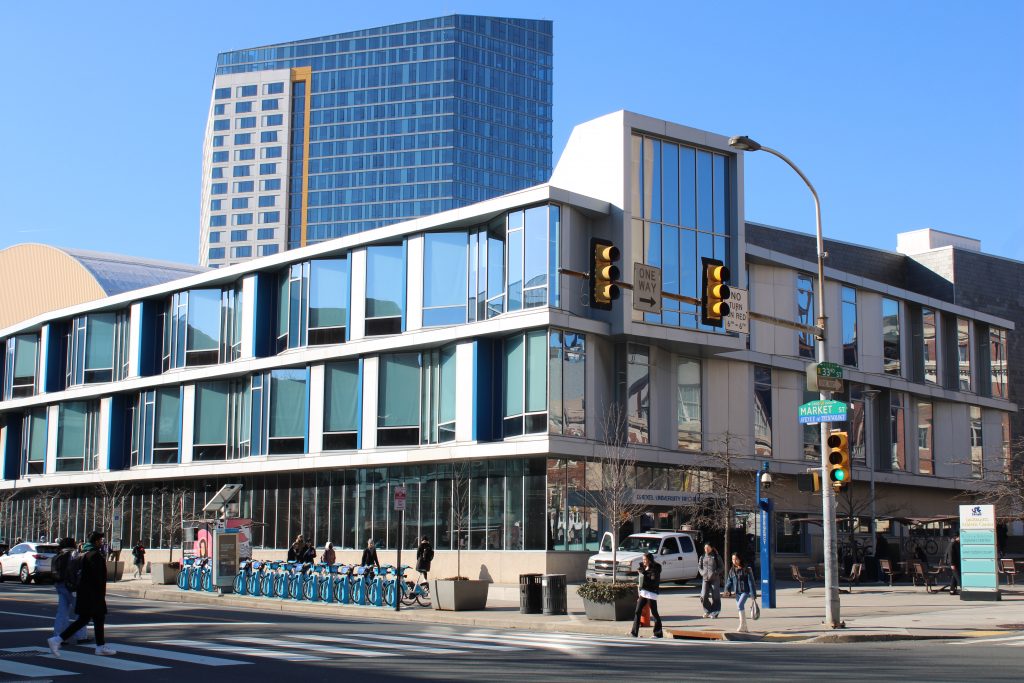
In 2023, Drexel University was awarded with a top 100 ranking on Forbes America’s Best Employers in Pennsylvania list. Unfortunately, this experience is not shared by all of Drexel’s employees. For far too long, Drexel University has taken its student employees for granted and has not paid students equally.
Each year, a full-time non-nursing undergraduate student at Drexel has the privilege of paying $60,663 in tuition and general fees in addition to room and board, health insurance and general living expenses for three terms.
While student employee wages have stayed stagnant, living costs in Philadelphia have risen. According to the Consumer Price Index for Urban Wage Earners and Clerical Workers (CPI-W), as of December 2023, prices in the Philadelphia-Camden-Wilmington region have gone up by 3.9% over a 12-month period. Federal student loan interest rates are the highest they have been in a decade at 5.5% for the current academic year. All sorts of vendors are asking for tips, and many establishments charge extra for card payments on top of an 8% sales tax.
Fortunately, Drexel’s Compensation team at HR conducts routine market assessments to ensure that wages remain competitive. Unfortunately, Drexel treats student employees as second-class employees and does not offer students the same benefits as professional staff. In the undergraduate co-op salary guide, the university says that, “It is expected that student employees will be paid a wage comparable to other employees having similar responsibilities.” Yet, professional staff having similar responsibilities are paid more. In addition to tuition remission and 11% matches on 403(b) plans, the current minimum wage for professional staff with a high school diploma or GED and no experience is $12.83 per hour. That is more than what most student employees make, with undergraduate work-study students being capped at $10/hr. Any undergraduate student, work-study or not, making over that amount requires special approval for a higher hourly rate. Actions speak louder than words, and the university’s actions show that it does not value the important work student employees provide.
Despite this unequal treatment, the university claims that it has an internally equitable pay structure. If student employees were somehow less valuable than other employees, the university may be right. However, student employees are just as valuable as other employees. Student employees give tours to prospective students, assist professors with courses, tutor others, conduct research and staff desks. The work of students is essential for the university to maintain enrollment and graduation rates. Yet, students are not fairly compensated for the value we bring. The university should stay true to its word and pay students for their value.
Drexel expects student employees to be full-time students and has implemented a patronizing policy limiting students to only 20 hours per week when classes are in session. As adults, students should have the ability to decide how many hours their individual circumstances allow or require them to work. Drexel also fails to prevent students from overworking because any student that needs extra money can find an unsanctioned off-campus job.
Working on campus also provides the security of Drexel’s Compliance team ensuring that all legally mandated worker protections are being followed with internal channels dedicated to resolving any discrepancies. Not all employers are willing or knowledgeable enough to apply every legal protection, and not all students know about their rights or how to file a complaint if their rights are violated. Of course, none of these constraints are enough to prevent any students looking for work from finding a higher-paying job off-campus, but such constraints highlight the importance of Drexel being a viable employer for students.
Any budget constraints preventing student employees from receiving a substantial raise can probably be attributed to mismanagement of funds. After all, Drexel University spent $3.1 million to rename 30th Street Station to Drexel University at 30th Street for five years. In the news release, President Fry is quoted as saying, “It is fitting for Drexel to welcome everyone to University City.” Yet Drexel already has its logo on Schuylkill Yards and a railroad bridge, both of which are right next to the station. In addition, the school saves money by hiring student employees because it does not have to pay the employer portion of the FICA tax. The Triangle also recently reported that President Fry’s $2.6 million compensation puts him in the top ten highest paid private college presidents. Surely, if the university can afford that, it can afford to pay student employees more.
I strongly encourage Drexel University to scour its budget to fund raises for student employees. It is the necessary action for Drexel to hold true to its claim of equitable pay and deserve its spot on the Top 100 Employers in Pennsylvania list. A higher student wage can go far in reducing financial stress and giving students the freedom to make the most out of their college experience.


